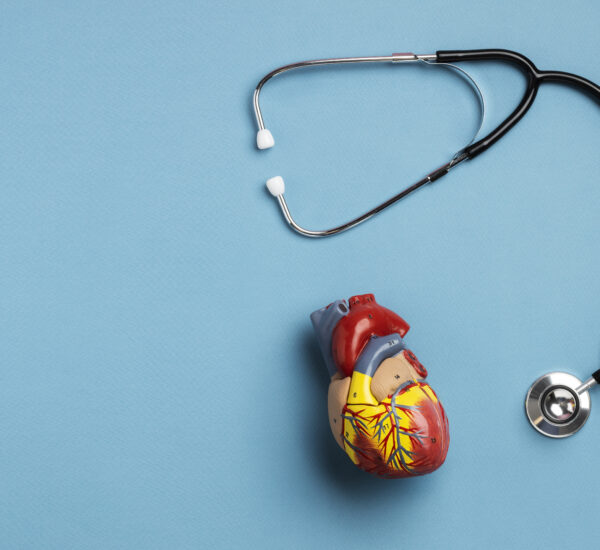Contributed by: Healthians Team
After the COVID-19 infection hits, the COVID patient’s heart is directly in the line of fire. Heart-related issues reported after COVID-19 recoveries are on the rise and the virus has been shown to cause harm to the vascular system, weeks after testing negative for Covid-19. How long these health changes persist — and how much they will affect heart health— are not yet known.
Why should you consider a Post Covid-19 Screen?
In the early stages of the COVID-19 pandemic, it was assumed to occur in people with pre-existing heart disease, advanced age, obesity, diabetes, or any other long-term medical condition. However, as the disease progressed, many patients who had no prior medical history were found to be seeking medical help for enhanced symptoms after they contracted coronavirus disease. However, evidence of the adverse effect of Covid-19 on the heart of COVID survivors has created concerns among health experts the world over. Health experts have recently warned of clinically significant cardiovascular risks during the post-COVID recovery phase.
Also known as Post-COVID Syndrome or Long COVID, it may require management and evaluation of persistent or new symptoms. According to the US Centers for Disease Control and Prevention (CDC), Long COVID damages the heart both directly and indirectly. It is now thought that the recovery process from the virus exists on a continuum that can result in cardiac arrest and, in extreme situations, a heart attack.
Causes
COVID survivors, especially those who had moderate to severe Covid-19 can suffer from increased heart complications like inflammation of blood pathways, which may cause irregular heartbeat and blood clotting that might create havoc and create serious cardiac-related difficulties.
Symptoms:
A growing number of people who have recovered from the deadly coronavirus infection have exhibited a variety of symptoms that are suggestive of cardiac ailment. Red flags that warrant a prompt medical intervention include:
- Sudden onset of breathlessness
- Palpitations
- Racing and rapid heartbeat
- Dizziness
- Chest discomfort
- Dyspnea
- Feeling faint-hearted
- Weariness without any strenuous exertion
- Swelling in the ankles, feet, and legs
- Persistent cough
If you experience any of the aforementioned symptoms, it’s better not to self-diagnose and to see your doctor right once. These problems call for early diagnosis and prompt interventions.
Tests
After COVID-19 recovery, patients recuperating from severe COVID symptoms should undergo cardiac testing to identify anomalies suggestive of heart issues — or to rule them out — but it shouldn’t be performed in the absence of symptoms, and, most importantly, expert guidance. Heart screening isn’t recommended for healthy people who had asymptomatic or mild Covid and have no underlying health conditions or lingering symptoms
- CBC
- CRP
- Blood Sugar
- Urea
- Creatinine
- Sodium
- Potassium
- LFT
- ECG
- ECHO HRCT chest,
- Spirometry
and other specific tests are commonly used as part of a post-covid medical examination.
What This Means For You
If you had COVID-19 and have not recovered from symptoms, it is best to seek medical advice on medicines, supplements, health checks, diet, and expert advice on exercises, breathing exercises, and other lifestyle interventions to avoid future complications and reduce the risk of post-COVID heart problems. Anyone admitted to the hospital with COVID-19 should have heart damage screening tests done. If such evidence is discovered, cardiac monitoring should be implemented immediately. A cardiologist would do three baseline exams to assess heart health during the appointment.
-
- EKG
- Echocardiogram
- Stress test
Depending on the findings of the three examinations, more tests may be needed.
Caring for your heart
- Eat a high-fiber, high-protein diet to keep your heart healthy.
- Eat leafy greens and an assortment of fresh fruits and veggies, low-fat dairy products, whole grains, legumes, nuts, and pulses as much as possible.
- Avoid spicy, oily, processed, or junk food.
- Limit intake of sodium.
- Monitor your blood pressure and cholesterol levels on a regular basis.
- Exercise every day for weight management, cholesterol control, and blood pressure regulation.
- Avoid drinking and smoking
- Get more sleep as inadequate sleep has a cascading effect on health parameters and biological processes.




